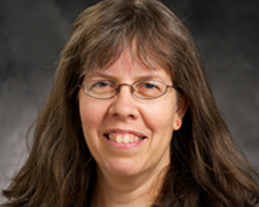Dr. King's legacy and our challenge for today
Searching for the light in others
On this day when we reflect upon Dr. Martin Luther King's influence in the United States and around the world, his essays, speeches serve as a personal and a professional moral compass for me. I hold dear this annual reminder to renew my intentions as a peace educator and as a citizen committed to social justice.
This year I am thinking about a challenging theme in one of his less well known but significant sermons, 'Loving Your Enemies.' In the sermon he calls us to love those whom we feel deeply divided from. Love them in the way that justice would demand. This, as he candidly points out, does not require you to like them, like their behaviors, or support their agenda. The sermon focuses on the teachings of Jesus recorded in the Bible but turns a practical eye to how it can even be possible to love someone who practices hate against you or in some way makes you feel badly about yourself.
What would it be like to spend one day in January planning for how you can respond with love instead of react with fear? What if, on that day, you challenged yourself to stop assuming that the actions of others are intended to hurt you and, even if they actually are intent on hurting you, that you responded with firm care for them as a human, instead of lashing back? What if for that day you held off criticizing and instead offered only compliments, even to those you find to be difficult people?
When we hear the archived sermons and speeches of Dr. King, it is appealing to focus on his vision of a 'Beloved Community' perhaps as a place where we all are like-minded and there is little conflict. But I believe that Dr. King intended for us to embrace something even more challenging than a world free of injustice. I think he was urging us to understand that justice is a constant process and it is founded on our willingness to search for light in others, even when they present themselves as our darkest enemy. That flicker of recognizing the humanity of the other is that very act of loving your enemy that, in 1957 at Dexter Avenue Baptist Church, Dr. Martin Luther King Jr. reminded his congregation, was at the heart of his message for change.
 This reflection was written by: Lynne Woerhle, Ph.D., Professor of Sociology at Mount Mary University.
This reflection was written by: Lynne Woerhle, Ph.D., Professor of Sociology at Mount Mary University.